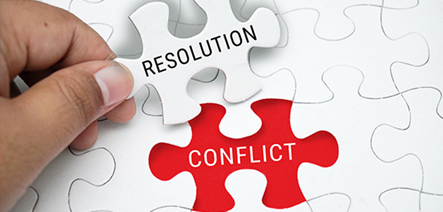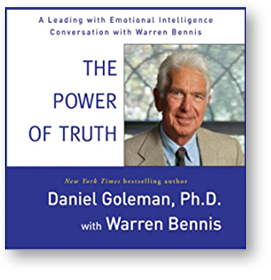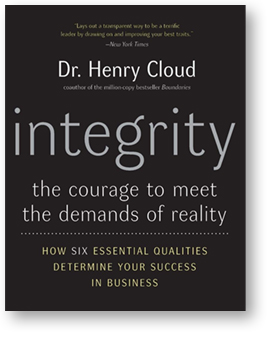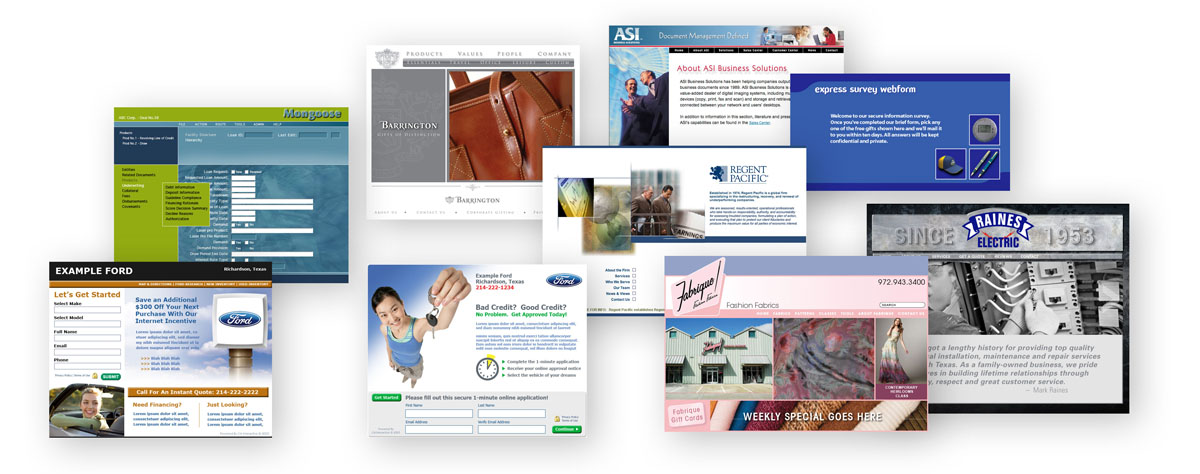It’s Not Me; It’s You

“I Disagree”
When was the last time you heard those words uttered without a fight breaking out or, at least, a relationship being strained? Somehow, we’ve regressed to the point where disagreement equates to disapproval. The scourge of social media has worsened the dilemma by sorting us into herds which not only march to the beat of the designated drummer but “Sieg Heil” on cue without ever questioning the groupthink that enslaves us. We need to relearn the art of respectful disagreement
Clowns to the left of Me; Jokers to the right.
On one side of our current culture, we’re overrun with the self-righteousness of the “We are right” warriors who feel entitled to squash every ideology failing to meet their personal sense of correctness. On the other side, we’re beset by Nevelleists who follow Chamberlain’s “Peace at Any Cost” philosophy and refuse to engage in anything that remotely resembles conflict. In some cases, those traits are embodied by the same person before and after they’ve had their daily psycho-catalyst of choice, whether that be coffee, drugs, yoga or just a good fistfight.
Both approaches are equally destructive and equally dangerous. While the impediments of aggression are easy to condemn, we tend to go soft on the downside of appeasement. It’s much easier to sweep conflict under the rug and avoid the tension rather than honestly confront the divisive issue(s). That’s not tolerance; it’s laziness.
Bill W. to the Rescue
Perhaps we should all attend an AA meeting or two, not to get ourselves sober (unless we need that) but to witness what it looks like when people become genuinely honest about their personal problems and set out to confront those issues in a non-threatening environment. It all starts with Bill W’s sage advice, “You cannot begin to overcome your problem until you admit you have a problem.” That sucks because it’s hard to admit we fall into one of the two dysfunctional camps but the fact is that we each reside in one or both of them to some degree, given our circumstances, every minute of every day.
With all that said, I’d implore you to lay down your armor and read the following with an attitude of adventure wherein that which we’re not accustomed to can become something new to appreciate rather than a threat to be feared and resisted.
You Can’t Fix Stupid (of Can You?)
I know what you’re thinking. “Why go any further?” because the person I’m dealing with is just stupid and cannot be fixed. While that may, in fact, be the case, it’s not the “stupid” I’m referring to. “Stupid” is allowing our emotional need to always be right, to deter us from an opportunity to grow and build bridges with other human beings who might possibly, despite their perceived shortcomings, have something valuable to share with us. I’m not preaching relativism here; I’m a firm believer in antithesis, but there is “right” and there is “wrong” and then there is “diplomacy”.
Why not rather follow John Izzo’s advice in “Stepping Up” and deal with the only part of the conflict we can control? That would be ourselves. If we view disagreement as an opportunity to inventory our own emotions and identify our real reasons for resistance (even if maybe the other person really is a jerk and/or is genuinely misguided) then we encounter an opportunity for creative problem solving rather than destructive head butting. More important, we turn what might have been an emotion-draining stalemate into actual progress for everyone involved. (Note: If after careful honest consideration, you determine that the other person is not actually being a jerk, be aware that there’s usually at least one jerk in every conflict. Sorry for the bad news.)
The ”Tails” side of the Coin
While it’s often easier to ignore disagreements and sweep them under the rug — as many organizations even encourage — harmony is not achieved via the absence of conflict. It’s only achieved through honest, equitable confrontation and resolution. In his book, “The Power of Truth,” Warren Bennis expounds on the consequences of an environment that fails to encourage honest and open conflict resolution. That consequence is inevitably resentment and resentment has the half-life of plutonium; it only festers like the splinter I stuck in my palm at Home Depot last week. Eventually, it has to be dealt with, despite the discomfort of the process, or it causes permanent damage. While we may occasionally have to “agree to disagree”, if we’re willing to put the hormones aside and discuss our disagreements with mutual respect, 99% of our disagreements will provide a platform for mutual growth. The keys to success are to, first pay attention to how we “are” in conflict (our need for fight or flight) and second, to control our actions based on separating the people from the problem with a final goal of listening to learn and devising creative solutions that meet everyone’s needs.
If this is the point where you say, “I disagree”, you know where the reply button is and if you fail to hit it despite your disagreement, neither of us benefits.
“People seldom do what they believe in. They do what is convenient, then repent.”
― Bob Dylan
Great Reads
The Power of Truth
Warren Bennis
This is a short book and it’s only available on Audible or iBooks but it’s well worth the hour required to listen to it. These two guys get right to the point of what it takes to create a successful organizational environment and long-lasting relationships.

Integrity
Dr. Henry Cloud
Cloud always cuts to the chase and brings a unique set of insights to every situation. This book is no exception. His definition of “Integrity” might not be what you were expecting but it’s certainly viable, valuable, and enlightening.

A meeting of great minds who think alike











